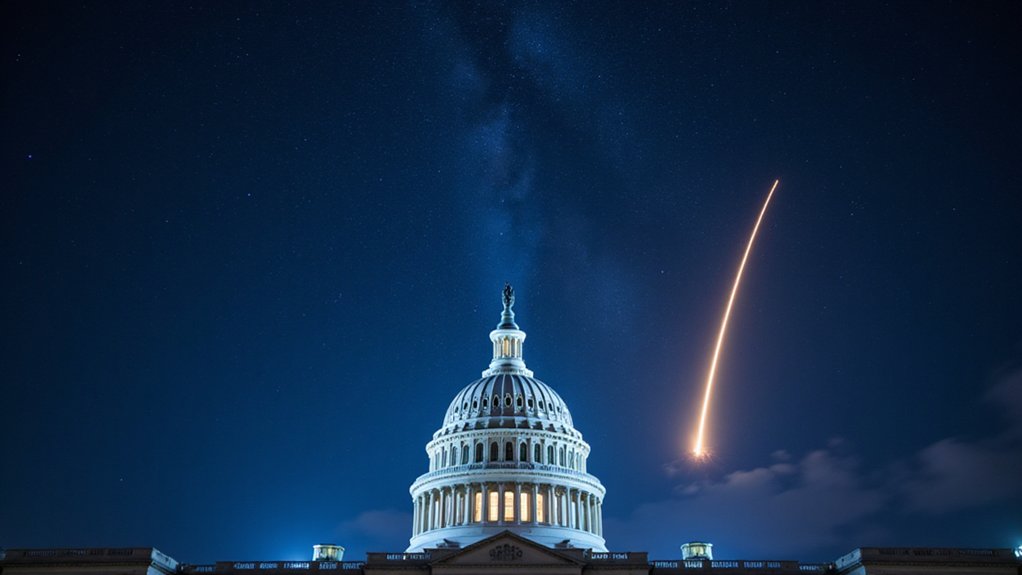Nearly every congressional voice joined the chorus to reject what many called devastating cuts to America’s space program. The White House’s fiscal year 2026 budget proposal shocked the space community by calling for a whopping 47% reduction to NASA’s science funding—a brutal $3.4 billion slash. Lawmakers weren’t having it.
Senate and House Appropriations Committees both stepped up, advancing bills that would give NASA nearly $25 billion. That’s fundamentally maintaining current levels, thank you very much. The Senate committee specifically voted to provide $7.3 billion for science programs, effectively telling the administration to take its budget cuts elsewhere.
“Not on our watch,” seemed to be the bipartisan message. Senators Jerry Moran, a Kansas Republican, and Chris Van Hollen, a Maryland Democrat, led the charge against what would have been the most severe NASA budget cuts in recent memory. Senator Tim Kaine also expressed strong optimism about preserving NASA funding based on previous successful fights against proposed cuts. The proposed cuts weren’t just trimming fat—they threatened to gut the agency.
Had the White House gotten its way, NASA would have kissed goodbye to 55 operating and planned missions. Half of Goddard Space Flight Center’s 1,700 civil servants might have been looking for new jobs. The balloon and sounding rocket programs? Toast.
Congressional pushback specifically aimed to save missions like Juno, New Horizons, DaVinci, and OSIRIS-APEX. These aren’t just fancy space toys—they represent years of investment and critical scientific infrastructure. All seven former NASA science chiefs publicly opposed the administration’s proposed cuts, adding weight to the congressional resistance.
The administration’s 25% overall budget cut would have crippled America’s leadership in space exploration. Apparently, the White House thought we should just hand over the final frontier to China and Russia. Brilliant.
Instead, lawmakers made it clear they’re committed to NASA’s work in solar system exploration, climate research, and the Artemis program. The House draft kept NASA funding steady at just over $24.8 billion, while the Senate proposed $24.9 billion.
For now, America’s space ambitions remain intact. Congress, in a rare show of unity, decided that some things are worth protecting.
References
- https://www.space.com/space-exploration/senators-push-back-on-trumps-proposal-to-cut-nasa-science-funding-by-47-percent
- https://www.wboc.com/news/congress-signals-initial-rejection-of-proposed-nasa-funding-cuts/article_ea4c0b8e-be2b-425a-9b5d-cc841ca3152b.html
- https://www.greenbeltnewsreview.com/news-stories/deep-cuts-to-nasa-goddard-face-bipartisan-opposition-in-congress/
- https://democrats-science.house.gov/news/press-releases/committee-leaders-demand-nasa-cease-scheme-to-illegally-impound-fy25-funds-warn-of-losing-leadership-in-space
- https://subscriber.politicopro.com/article/2025/07/senate-appropriators-set-to-reject-white-house-cuts-to-nasa-science-00445510









